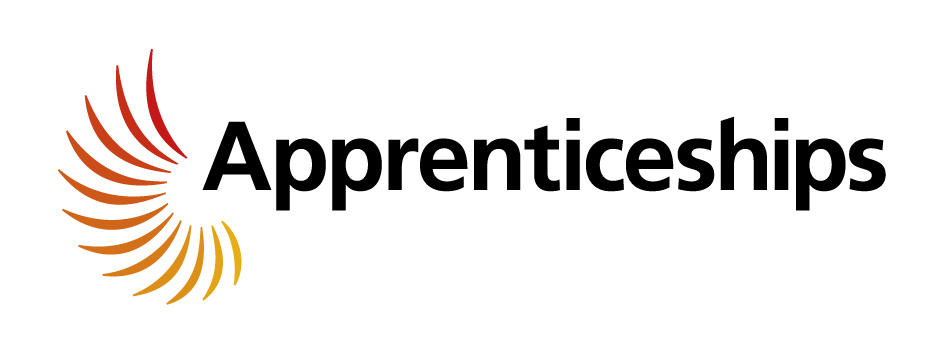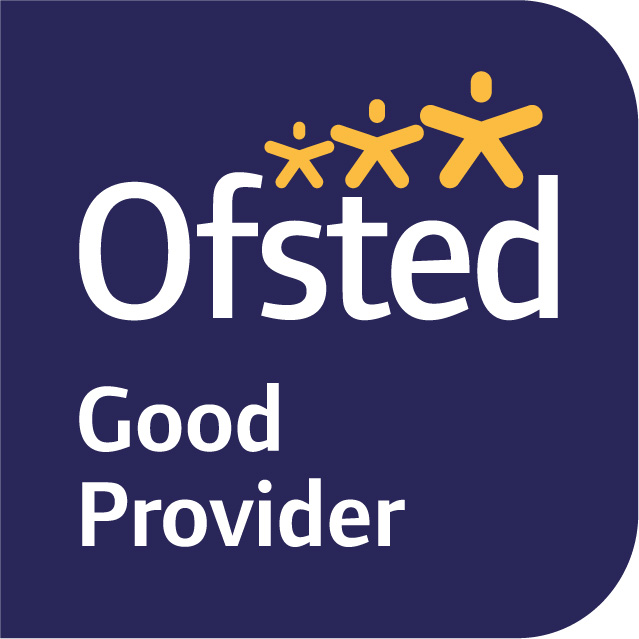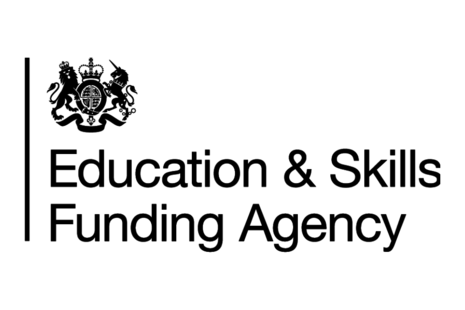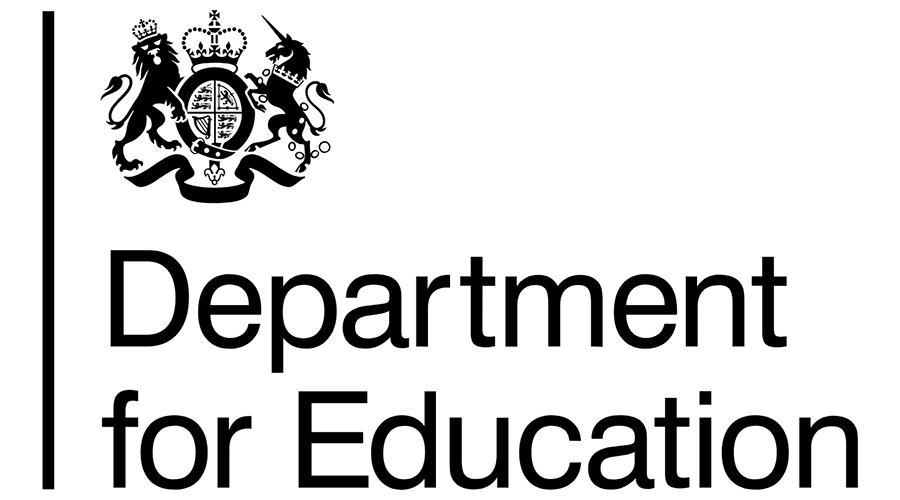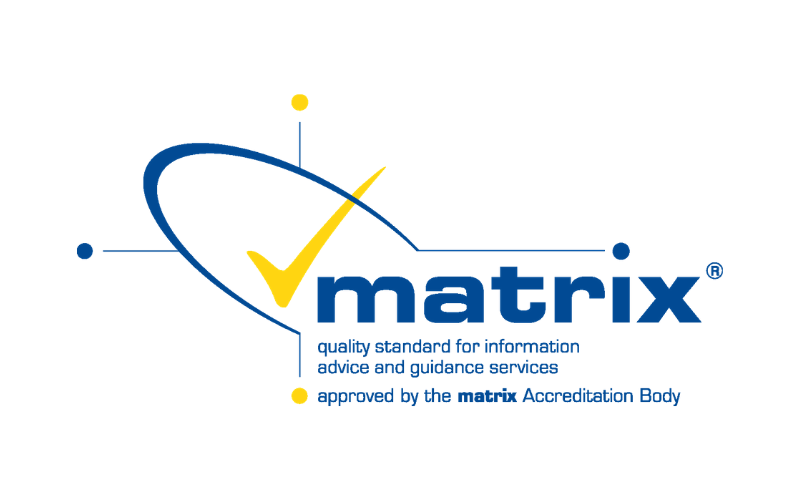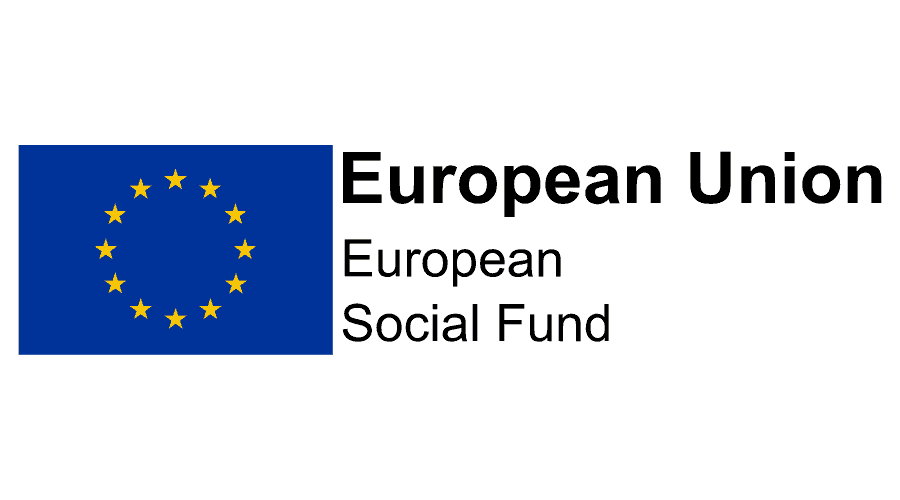County Lines Information
County lines is a form of criminal exploitation in which criminals groom and manipulate children and vulnerable adults to recruit them as runners to transport drugs and cash all over the country, so that the criminals behind it can remain detached and less likely to be detected.
This crime is often associated with other serious crimes such as sexual exploitation, violence, money laundering, modern slavery and human trafficking. The ‘lines’ refer to mobile phones that are used to control a person who is delivering drugs, often to towns outside their home county.
Who is targeted?
Any young person can be exploited. There is no stereotypical victim of criminal exploitation though young people, male and female, aged 14-17 are most likely to be targeted by criminal groups.
Primary school children are seen as easy targets because they’re less likely to get caught and there are reports of seven-year-olds being groomed into county lines. The grooming might start with them being asked to ‘keep watch’ but it soon escalates to them being forced to stash weapons, money, or become drug couriers.
Children who are being exploited by gangs for their criminal purposes are victims and should be safeguarded, not criminalised.
Children are often mistakenly viewed as having made a ‘choice’ to engage in criminal behaviour. Due to the grooming process children involved in criminal exploitation can often not see themselves as victims. Children and young people who are being exploited may not always look or act vulnerable which can further complicate the issue of supporting the child to be recognised as a victim.
How are young people groomed into criminal exploitation?
Young people are groomed into exploitation and abuse both online and offline. Peer grooming is common and can take place in schools, social media and contexts where children meet. Social media is used in multiple ways, to glamorise/normalise drug selling/gang involvement and criminality, but also used to sell and advertise the drugs.
A lot of these children are targeted by criminal gangs because they haven’t got a family or security. Likely to be trapped in poverty, they are picked off the street, having nowhere else to go, and are made to feel part of a family.
Children and young people are groomed with gifts and affection. They can receive money, and other items but equally they can receive non-tangible returns such as the feelings of protection, belonging and even love, but soon the abuse starts, and the child is trapped in a cycle of horror.
In addition to transporting and selling drugs, they may also be sexually abused, forced into labour, made to launder money for criminals through their own bank accounts, or coerced into committing crimes.
Where are children and vulnerable people targeted?
Young people can be exploited and abused anywhere. They are targeted and groomed for criminal exploitation across all areas of the UK. One current trend is young people being targeted in cities to sell in less drug saturated new locations and children from those areas also being targeted to sell drugs.
Public spaces where exploitation may be most visible to the public include parks, supermarkets, transport, banks and online environments like gaming platforms and social media.
Buses, trains, trams and coaches are used to facilitate the movement of a young person when they’re being exploited. Fast food outlets and roadside services may be used for amenities and food stops. Hotels, salons and car washes may be places where exploitation happens ‘behind closed doors’.
Victims are transported around the country, often taken far from home, to live in drug dens known as ‘trap houses’ where there can be horrific conditions and from where they will be made to sell drugs for anything from a few days to six weeks or more.
Have You Got A Safeguarding Concern?
Here at Cool Blue College we take safeguarding issues very seriously. We aim to protect the welfare of all of our service users to ensure everyone is given equal opportunity and protection against abuse.
If you have any concerns please contact us, we will be happy to help.
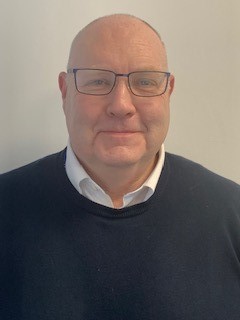
Mark Clelland
Safeguarding Lead
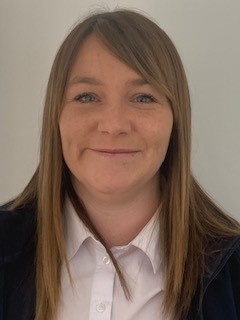
Mikayla Connor
Safeguarding Deputy
